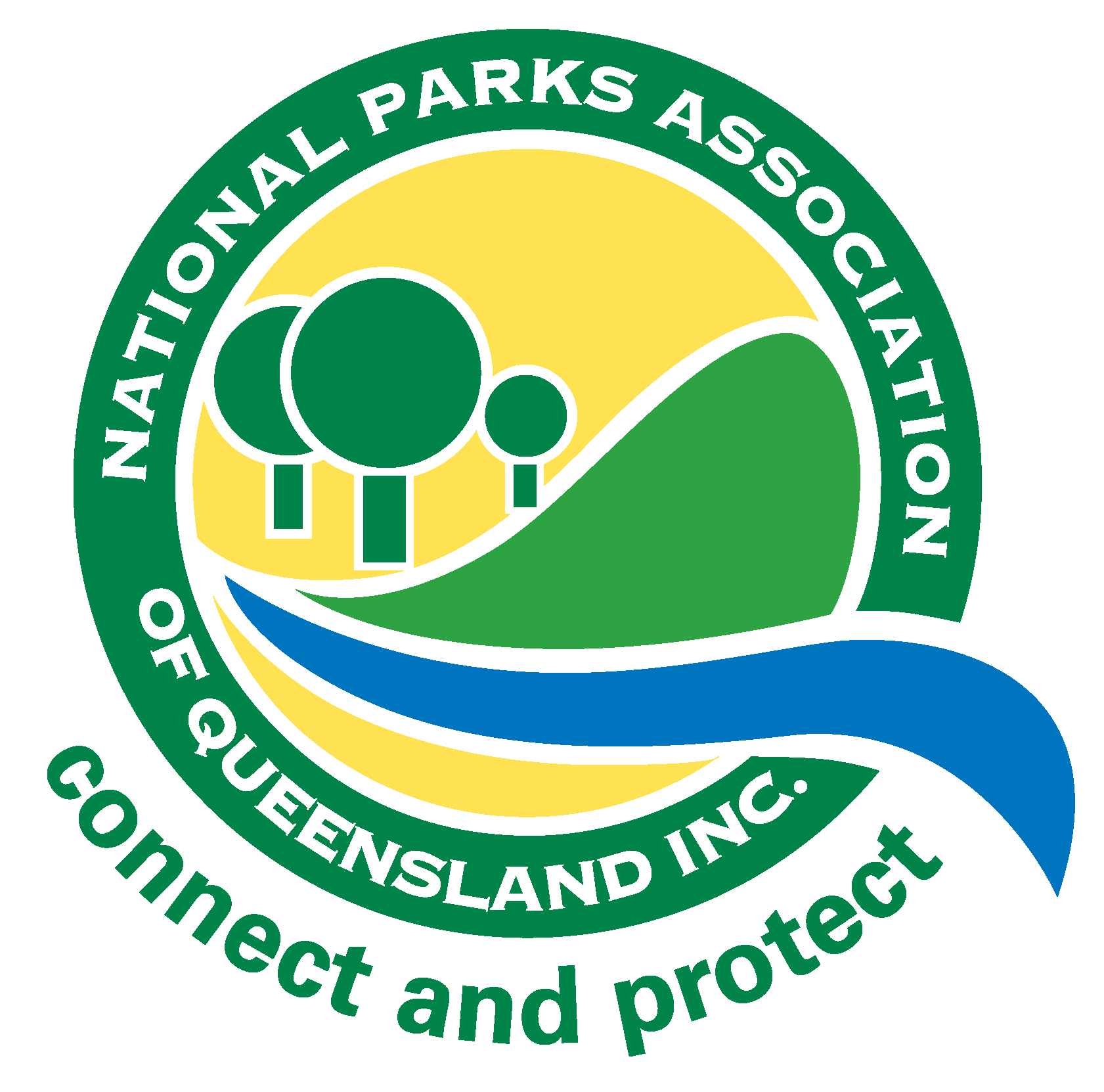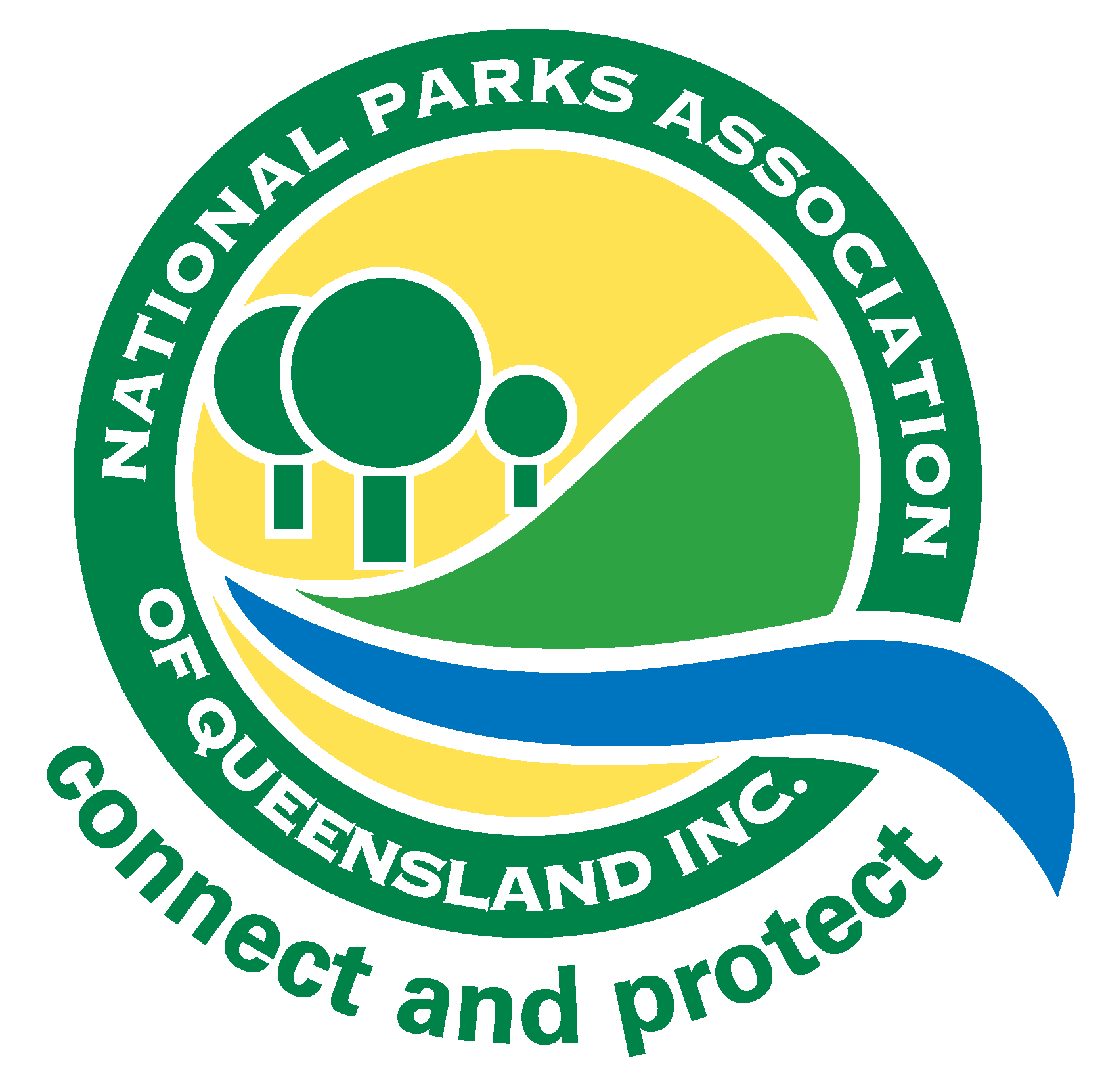National Parks, Nature Refuges, Private Reserves
Public hearing on Special Wildlife Reserves clarifies flora is included
Discussion on a Bill to establish Special Wildlife Reserves (a new class of privately-owned protected area) at an Agriculture & Environment Committee hearing has cleared up some confusion around the name.
National Parks Association of Queensland (NPAQ), other conservation groups and the community had all struggled with the name Special Wildlife Reserves. Why wildlife? What about flora? In fact at the Environment Minister’s Roundtable in April, it was revealed that the name was “the No.1 criticism” of the proposal.
During the public hearing, however, the Environment Department clarified their position on the title: wildlife includes both fauna and flora (as specified in Queensland legislation).
overview
If passed, the Special Wildlife Reserve legislation could enable important expansion of Queensland’s protected area estate by attracting private investment in conservation to Queensland.
NPAQ made it clear in our submission that government investment incentivising Special Wildlife Reserves must not be at the expense of a much-needed increase in funding to manage and expand the existing national park estate.
That said, private investment in conservation areas would complement the public protected area estate.
NPAQ was impressed with the government’s extensive consultation process for the Bill; the Environment Department consulted early and widely, taking on board many issues, including NPAQ and Wildlife Preservation Society of Queensland comments on management principles.
remember that life’s a great balancing act
There were many interesting perspectives discussed at the hearing:
- the Cape York Development Corporation raised concerns over Native Title;
- the Queensland Resource Council indicated the need to recognise existing and future resource rights; and
- AgForce had concerns about “locking up land” and weeds and pest management.
NPAQ was pleased to hear the South Endeavour Trust weigh in on the management of weeds and pests.
Three failing and degraded cattle stations in Cape York purchased by South Endeavour Trust reportedly now employ more people and contribute more to the local economy than they did previously.
The Department of Environment and Heritage Protection quoted NPAQ’s submission during the hearing and put to rest most concerns raised by different interest groups, given declaration of a Special Wildlife Reserve is voluntary, with an “opt in” and “consent” approach.
ongoing concerns by the agriculture industry
AgForce general president Grant Maudsley is complaining that Special Wildlife Reserves threatens the agricultural industry by taking away grazing land, however a little number crunching is quite revealing.
The State Government estimates more than 83 per cent of Queensland (145 million hectares) is under cattle/sheep grazing. National parks account for 9.2 million hectares (5.3 per cent of Queensland) and other protected areas total 4.3 million ha (2.5 per cent).
Let’s imagine (dream) … for every million hectares of new protected area, that’s a 10.9% increase in areas protected from mining/petroleum/resource and grazing but that’s, at most, 0.01% of grazing land. And remember, it’s a voluntary “opt in” opportunity. If preferred, landowners can continue with the status quo of traditional grazing or an integrated conservation and livestock production on nature refuges.
While NPAQ would still like non-commercial grazing to be excluded from Special Wildlife Reserves, overall, the Bill is a leading piece of legislation and a genuine effort to counter the challenges involved in growing and managing the protected area estate in Queensland.
the challenge
Australia is known for nature-based tourism and expanding Queensland’s protected area estate could benefit the economy, but it comes with great responsibility.
National parks across Australia are often considered a “tourism product” and have been under pressure to allow commercial ecotourism and associated infrastructure. However, what is marketed as a win-win for environment and economy is far more complex, as poorly designed and controlled ecotourism undermines the values upon which areas are declared.
A challenge will be to maintain the integrity of high-level protection areas (national parks and now Special Wildlife Reserves) though early and strategic planning, sighting of commercial infrastructure outside (ie adjacent to) high-value protected areas, and regular monitoring and management of natural heritage values.
responsibility to conserve
Bush Heritage Australia’s North Australia executive manager Rob Murphy says the creation of Special Wildlife Reserves is “an extremely cost effective and efficient strategy to contribute to Queensland Government meeting its conservation obligations”.
“The greatest threat to privately protected areas for conservation is the combination of incompatible land uses that can be authorised by the State notwithstanding the declaration of a nature refuge,” he says.
“An example of this is Bush Heritage Australia’s Pullen Pullen Nature Refuge located in western Queensland, that was recently acquired to protect the only known population of the endangered night parrot. Despite the high conservation values of this reserve, incompatible land uses such as mining tenements and leases exist and threaten the very purpose for which the reserve was acquired.
“It is also worth noting that Pullen Pullen Reserve was established on the least productive section of a large grazing property.
“It is everyone’s responsibility to conserve our conservation assets for future generations to experience and enjoy. Governments will continue to play a critical role, but unless the conservation community works together to take up the challenge, then we are unlikely to stop the decline in biodiversity.”



